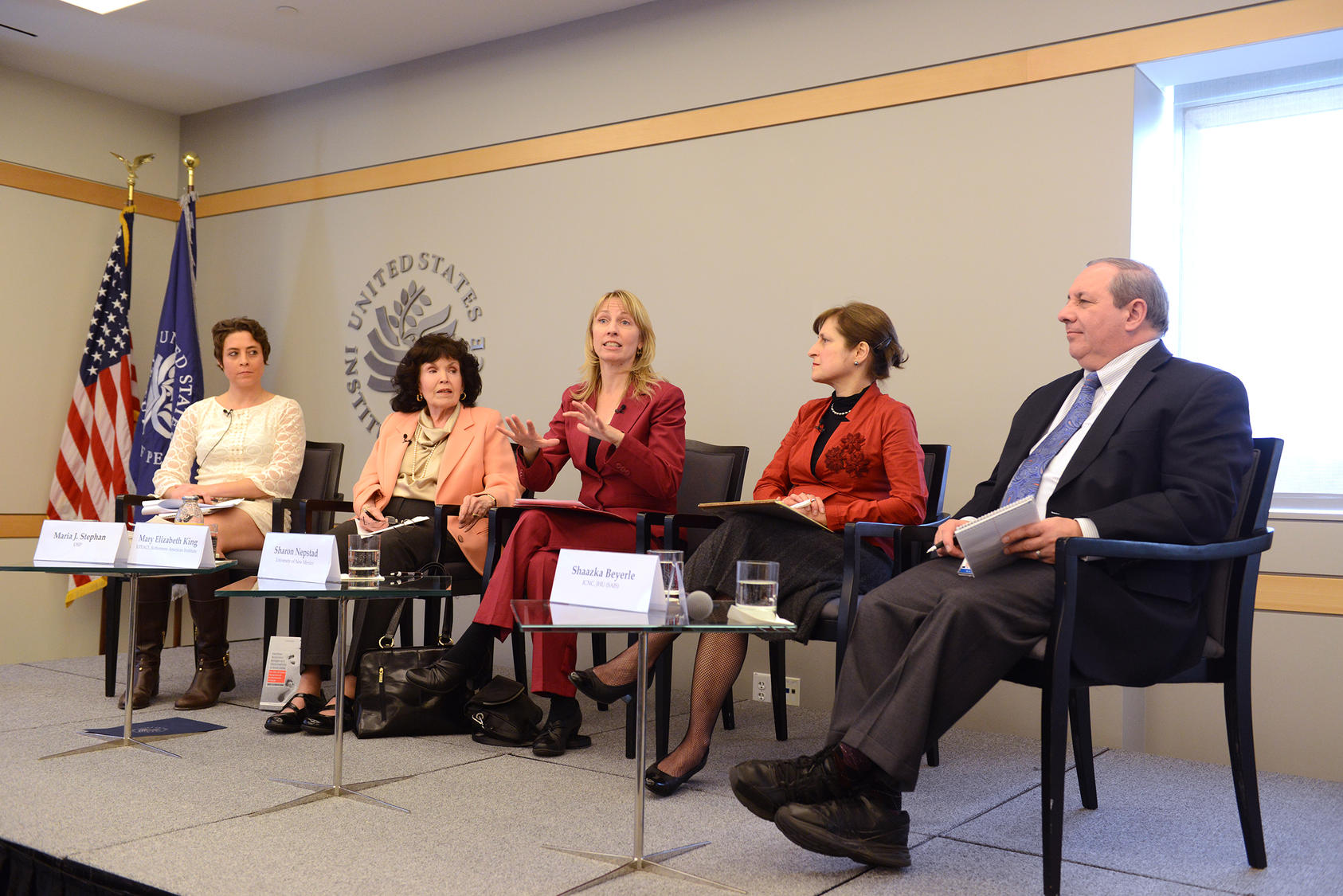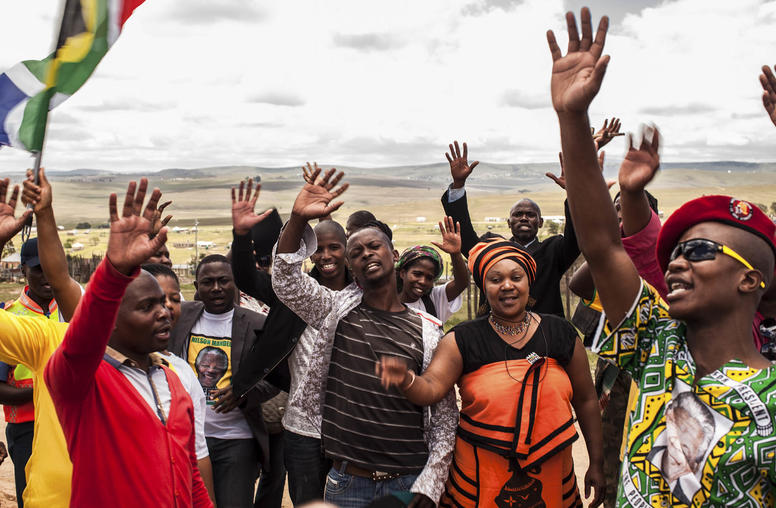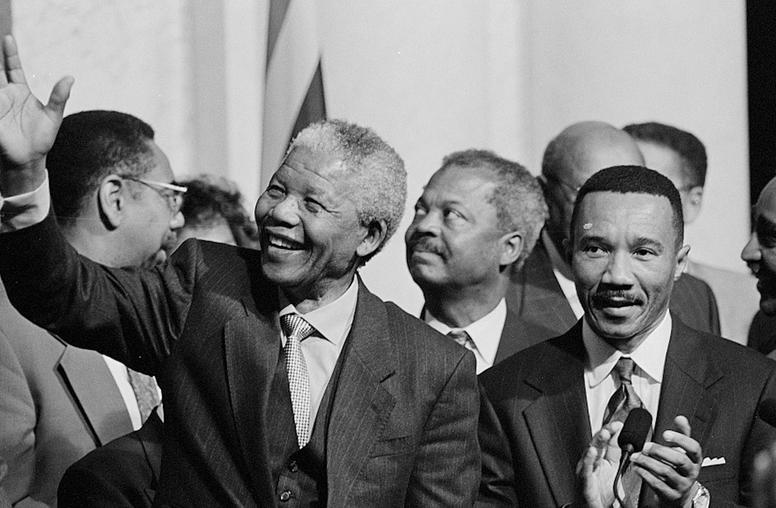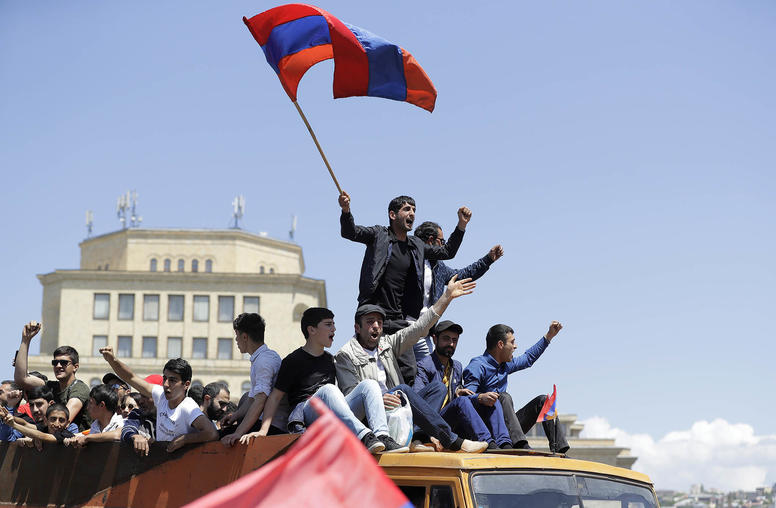Nonviolent Civil Resistance: Research Breakthroughs & Practical Impact
Nonviolent civil resistance has motored social and political change, even in the most difficult conditions, for centuries. From the Indian independence movement, to the U.S. civil rights movement, to successful challenges to dictatorship in the Philippines and Chile, to the “dignity” movements in the Middle East and North Africa, and recent popular uprisings in Brazil and Venezuela, mobilized citizens have used nonviolent direct action courageously, creatively and effectively. Policy-relevant research on civil resistance is expanding alongside the explosion of people power around the world. Over 80 participants attended this interactive, arts-and-culture infused discussion featuring cutting-edge civil resistance research by three USIP grantees.

Panelists focused on historical and contemporary nonviolent campaigns that have had propulsive effects on their societies – though often following initial failures and set-backs. Acute corruption, institutionalized racism and systematic political repression are the scourges they fought against – and in many cases defeated. The relevance of these scholars’ research findings for activists, civil society, policymakers and development practitioners anchored the conversation.
Speakers
- Mary Elizabeth King
Professor of Peace and Conflict studies at the UN-affiliated University for Peace and Distinguished Fellow of the Rothermere American Institute, University of Oxford.
Author of Gandhian Nonviolent Struggle and Untouchability in South India: The 1924-25 Vykom Satyagraha and the Mechanisms of Change (New Delhi, Oxford University Press, 2014) - Sharon Erickson Nepstad
Professor of Sociology at the University of New Mexico.
Author of Nonviolent Struggle: Theories, Strategies, and Dynamics. Forthcoming in Summer 2015. New York: Oxford University Press - Shaazka Beyerle
Visiting Scholar, Center for Transatlantic Relations, School of Advanced International Studies, Johns Hopkins University, and a Senior Advisor, International Center on Nonviolent Conflict. Author of Curtailing Corruption: People Power for Accountability and Justice (Lynne Rienner 2014) - Maria J. Stephan, Moderator
USIP Senior Policy Fellow; non-resident Senior Fellow, Atlantic Council
Author of Why Civil Resistance Works: The Strategic Logic of Nonviolent Conflict (Columbia University Press, 2011) and co-editor, Is Authoritarianism Staging a Comeback (Atlantic Council, 2015).



